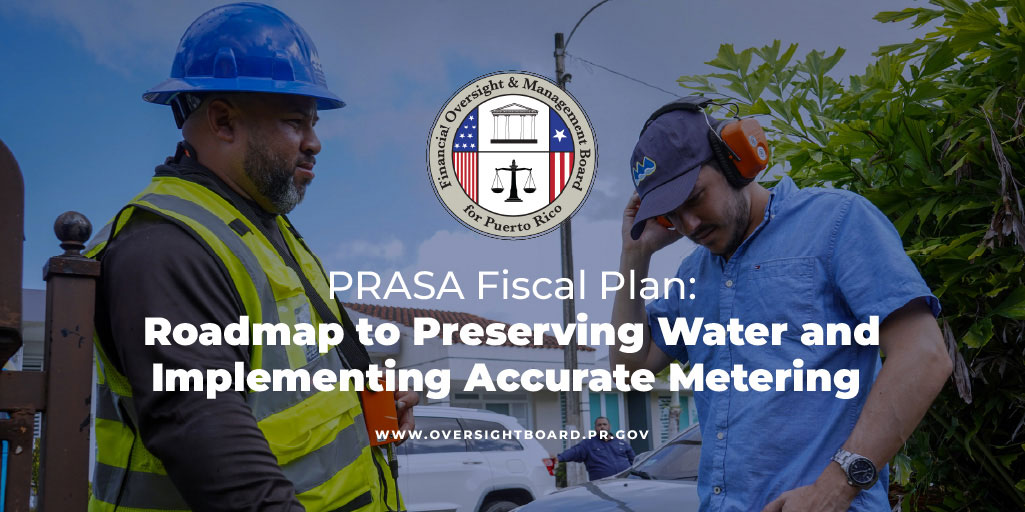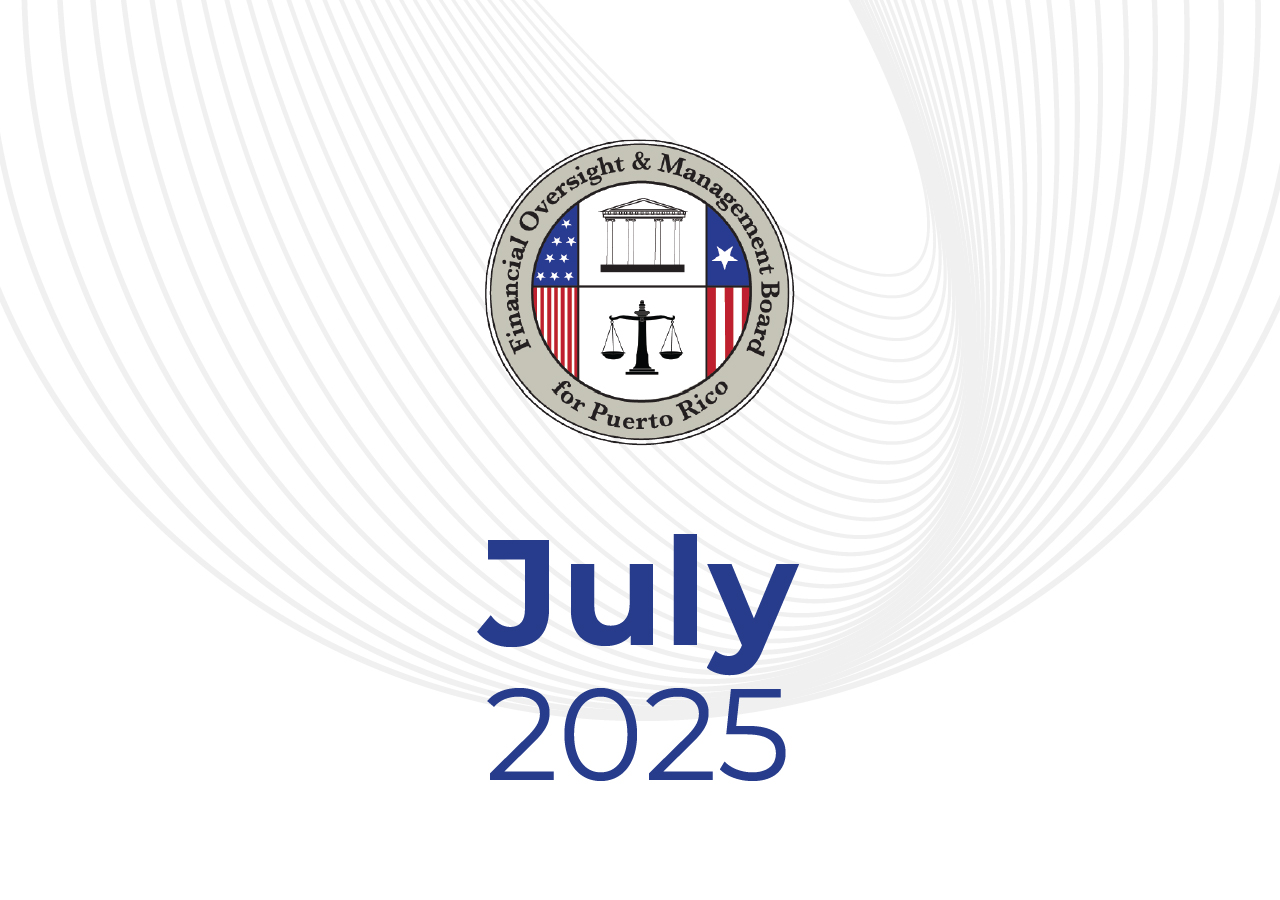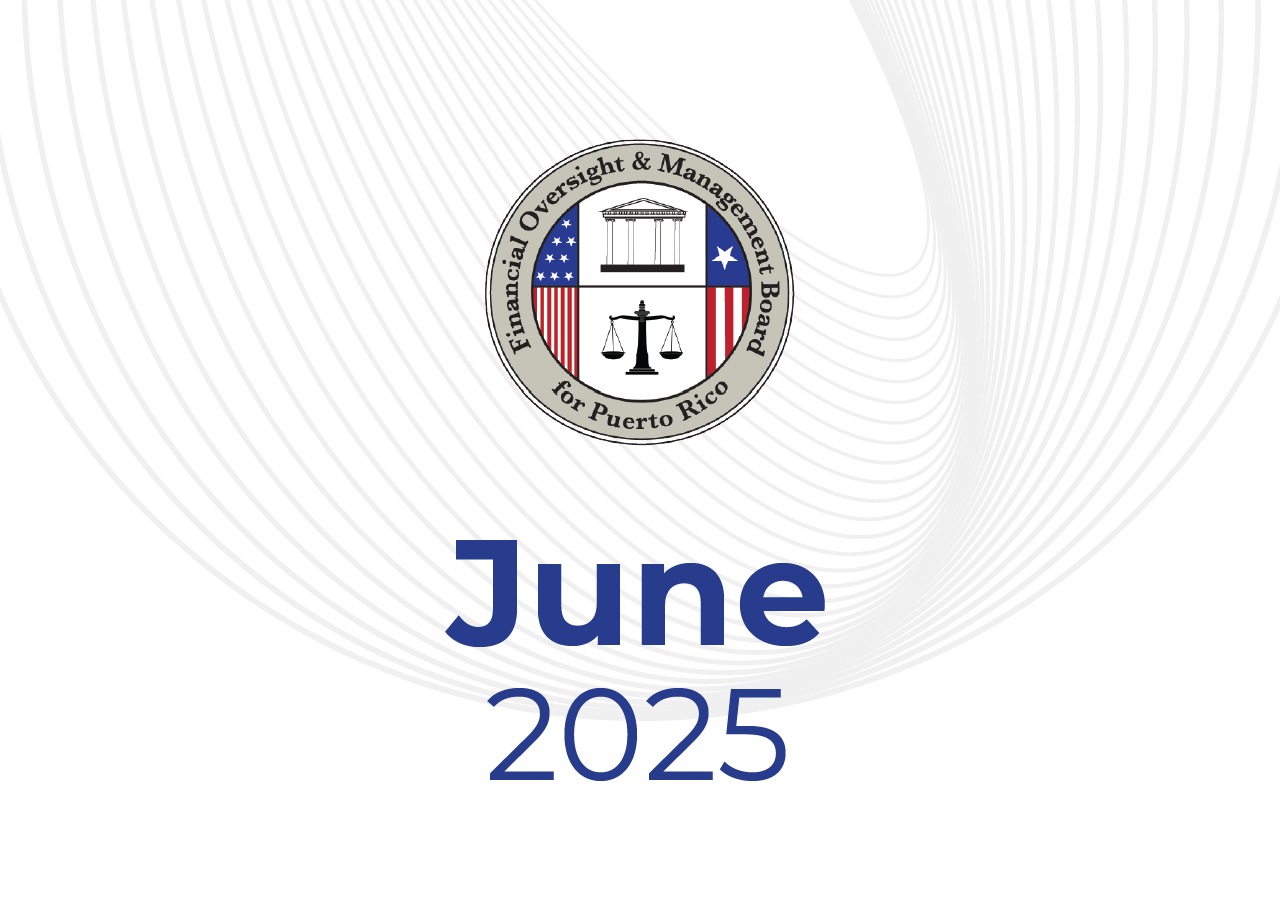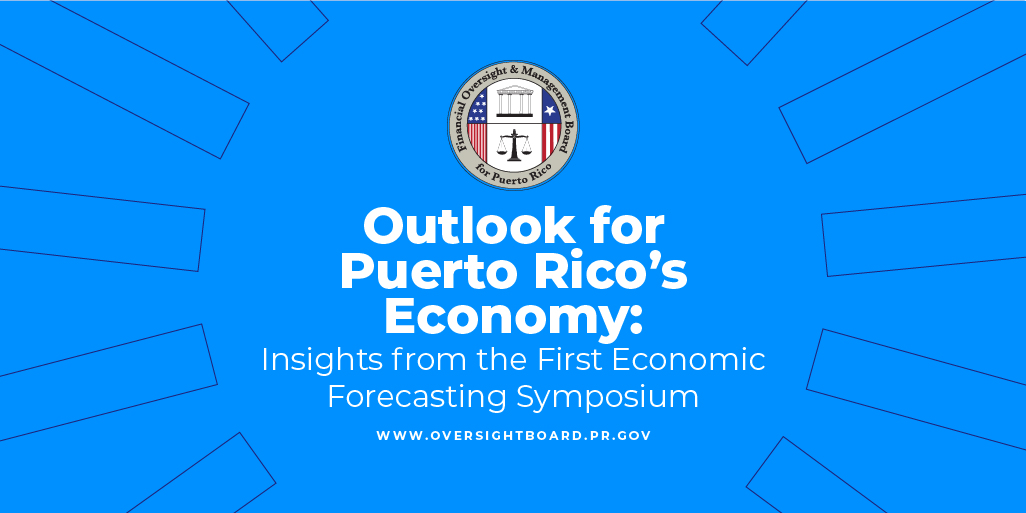The members of the Financial Oversight and Management Board for Puerto Rico certified a new Fiscal Plan for the Puerto Rico Aqueduct & Sewer Authority (PRASA) focusing on addressing the agency’s historic challenges, including the loss of precious water, inaccurate water meters, and increasing costs of treating drinking water treatments.
PRASA was already successful in lowering its debt payments and eliminating budget deficits. In part this has been possible through its new simplified rate structure, including a minimum annual adjustment of 2% with an annual cap of 5%, subject to actual projected budgetary needs.
However, PRASA still loses approximately 65% of water produced because of leaking pipes and overflows. These losses from water that does not reach customers is not only a loss of this essential resource but also a financial drain on PRASA. In addition, PRASA loses money from inaccurate metering and water theft.
Master meters at water treatment plants and wells already enable PRASA to obtain accurate information on water production. PRASA’s Water Recovery Office replaced or validated/calibrated 159 master meters measuring around 90% of the total potable water throughout the water system. The next step is to continue prioritizing the identification and repair of leaks and improving pressure management in the network to prevent pipes from bursting or being damaged.
Another crucial PRASA project is replacing old mechanical meters that have high error margins with more accurate “smart meters” that inform customers about their water usage in real-time, expedite the detection of water losses, and improve PRASA’s efficiency and revenues.
The pilot phase is set to begin this July. Next year, PRASA will select a company to install smart meters throughout Puerto Rico, financed with $330 million of FEMA funds.
The Fiscal Plan also outlines a $6.5 billion federally funded capital improvement program over the next five years. This is a unique opportunity for PRASA to invest in its aging infrastructure, including replacing thousands of miles of sewer pipes and upgrading water treatment plans. FEMA is also the largest source of funding for these improvements.
It is essential for PRASA to seize this historic opportunity to transform its system, improve resiliency, and enhance the quality of service and customer experience as defined in the Fiscal Plan. Better service and a more resilient system that protects water resources in the face of an increasingly challenging climate environment requires proactive steps to be taken now.
By successfully implementing the measures outlined in its Fiscal Plan, PRASA will continue to improve its financial health while prioritizing its performance in providing safe, reliable, and affordable water to the people of Puerto Rico. The Oversight Board will continue to work with PRASA to reach these important goals.





